Balanced Diet
A balanced diet is crucial for a healthy lifestyle. If you eat healthily, you can usually get by without any dietary supplements or strict diets.
A balanced diet is often mentioned when it comes to a sustainable and healthy lifestyle. But what does that actually mean? a practical guide to a balanced diet in their 10-point plan. You can follow these ten rules to ensure you eat a balanced diet.
1. With mindfulness to a balanced diet
Take your time with your meals and savor every bite.
Before considering what you eat, consider how you eat.
When you take your time with your meals and eat slowly and
mindfully, you can enjoy food more.
You also prevent yourself from overeating. Because: The
feeling of satiety only sets in ten to 15 minutes after the start of the meal.
Make sure you chew enough. It's best to chew each bite 30 to
40 times.
In order for this to succeed, you should avoid disturbing
external influences during the meal: the television or mobile phone are now in
radio silence.
Careful handling of food also includes not wasting food. We give you 10 simple tips that will make it easy for you to do this.
2. Balanced diet is varied
A balanced diet consists of many different foods and varies every day.
A healthy diet uses the entire range of foods, because no single food contains all the necessary nutrients. It should be colorful and varied.
Vegetables, fruit, grains, legumes, oils, seeds and kernels
- make sure you have a balanced mix of all food groups.
And you should also vary as much as possible within the
groups – for example by eating the wide range of different types of vegetables.
By orienting yourself on the seasonal calendar, this variety is almost guaranteed, because the regional offer changes constantly over the months. The seasonal, regional diet is not only good for you and your health, but also particularly sustainable.
3. Five a day: plenty of fruit and vegetables
In a balanced diet, fruits and vegetables should make up the
largest proportion in terms of quantity.
The "five a day" rule is another guide. It says: You should eat three servings of vegetables (400 grams) and two servings of fruit (250 grams) per day. In terms of quantity, fresh fruit and vegetables should make up the largest part of a balanced diet.
Fruit and vegetables provide you with plenty of nutrients and minerals, fiber, vitamins and secondary plant substances. They also bring variety in taste and appearance to the plate.
You should try to include some fruit or vegetables in every meal - for example by slicing fresh apples or bananas into muesli, eating a salad for dinner or enjoying pasta with fresh tomatoes and carrots.
Nuts, oilseeds and dried fruit are also part of the fruit portion. Due to the higher calorie content, the portion size here is around 25 grams. By the way: A smoothie or freshly squeezed juice can occasionally replace a portion of fruit - but not too often, because these usually contain a lot of hidden sugar in the form of fructose.
4. Minimize sugar and salt
You should keep an eye on your sugar and salt consumption
for a healthy balanced diet.
Sugar is a calorie bomb and increases the risk of tooth decay. Increased sugar consumption is also said to be indirectly related to an increased risk of diabetes.
The problem is rarely the deliberately added sugars in tea
or food, but the hidden sugars in processed foods and beverages.
Sugar traps include, for example, fruit yoghurt, fruit
nectar or muesli. And even in ketchup, dressings and ready meals like pizza,
surprising amounts of sugar are often added.
It is therefore worth checking the list of ingredients and
the nutrient table. Better yet, avoid processed foods altogether and you'll
have full control over how much sugar goes into your food.
Excessive salt intake is also dangerous for the body: Too much salt can increase blood pressure and thus the risk o for cardiovascular diseases.
Guide value: It should not be more than six grams of salt
per day.
Again, we often ingest far more salt through processed foods
than we realize.
Fast food, meat products and cheese in particular are often
particularly salty. But there is also a lot of salt in bread and most ready-made
products.
Even in your own kitchen, there is often more salt in the
food than necessary. Tip: Flavor your food with herbs and other spices before
adding salt.
Reduce the salt content in your food step by step. At first,
foods with less salt may taste a bit boring. But over time, your taste buds
will adjust and become more sensitive again. Then you will even benefit in the
end with a richer taste experience.
5. Healthy fats through vegetable oils
Virgin olive oil is one of the healthiest vegetable oils.
For a while, fats were generally considered unhealthy. We now know that fat is not just fat and has very different nutritional significance depending on its type and origin.
In order to obtain the essential unsaturated fatty acids and
vitamin E, we should fall back on valuable, healthy sources of fat. In addition
to vegetable oils, this also includes nuts and oilseeds.
Rapeseed oil is highlighted by the DGE as a particularly
recommended oil. It has the lowest proportion of saturated fatty acids, but is
particularly rich in omega-3 fatty acids and vitamin E.
In addition, walnut, flaxseed, soybean and olive oil also
have a good fatty acid profile. Virgin olive oil in particular also contains
many secondary plant substances.
On the other hand, saturated fatty acids should only be
consumed in small amounts, as they are said to have a negative effect on blood
values in particular. Coconut oil, palm oil and animal lard are particularly
rich in these saturated fatty acids. You should also avoid palm oil for the sake
of the environment.
The trans fatty acids in hydrogenated fats are particularly
problematic. These are considered to be one of the causes of cardiovascular
diseases and have a negative effect on cholesterol levels. As a result, the
risk of a stroke or heart attack increases.
These trans fatty acids are mainly found in industrially
processed foods, especially in fried foods such as french fries, donuts or
chips. Popcorn, margarine, sausage, croissants, biscuits, dairy products and
many convenience products often contain these harmful fats.
6. Whole grain products are part of a balanced diet
Whole grain pasta, bread and flour are healthier
alternatives to foods made from refined flour.
Whenever you reach for grain products, whole grain is the better choice for a balanced diet: Whether pasta, bread, rice or flour - whole grain foods contain more fiber, which increases the risk of type 2 diabetes mellitus, colon cancer, cardiovascular diseases and Reduce dyslipidemia. In addition, high-fiber foods make you feel full for longer and thus prevent binge eating.
Wholegrain products also contain more nutrients than alternatives made from refined flour. They provide valuable long-chain carbohydrates as well as vitamins and minerals and are therefore an important part of a wholesome diet.
7. Animal products: meat, fish, milk and co.
Animal products such as meat and milk can sometimes provide
valuable nutrients, but they are problematic in many ways.
The DGE recommends milk and milk products to ensure the supply of protein, vitamin B2 and calcium. Fish is also recommended once or twice a week. Oily fish in particular are good suppliers of omega-3 fatty acids, while meat provides iron, selenium and zinc.
On the other hand, the DGE warns of the unhealthy ingredients in meat and sausage: More than 300 grams to 600 grams per week should not be exceeded. Red meat (beef, pork, sheep, goat), which increases the risk of colon cancer, is particularly dangerous.
In general, the DGE therefore advises eating fewer animal products. This is not only better for your health, but also for the environment and climate. After all, milk and meat have the greatest impact on the planet.
In addition, the animals in industrial animal husbandry suffer enormously. You should therefore only buy animal products in organic quality, preferably with a stricter organic seal from Naturland, demeter or Bioland. Here is not only an environmentally friendly, but also a species-appropriate animal husbandry is secured.
It is also possible to cover the nutritional requirements with a vegetarian or vegan diet. There are enough vegetable protein sources such as nuts, seeds and legumes. For vitamins and minerals such as calcium and iron, plant-based products are often the better option anyway. Only the much-discussed vitamin B12 is often neglected in a vegan diet. It is therefore recommended to substitute this accordingly.
8. Drink enough water
Drinking water from the spring or the tap is the ideal
thirst quencher.
Sufficient fluid intake is essential for all bodily functions. According to the DGE, it should be at least 1.5 liters per day, and up to 2.5 liters on a hot day or with a lot of physical activity.
It is not just how much that is important, but what: Ideal thirst quenchers are water and unsweetened herbal and fruit teas. Tap water is usually the best choice: It is the cheapest and also does not require any packaging or transport routes - and is of the best quality in most areas of Germany.
Lemonades, cola, fruit juice drinks, nectars, iced tea or mixed milk drinks such as iced coffee are not recommended. They usually contain a lot of sugar. Because of the numerous health risks and the risk of addiction, alcohol should only be consumed rarely and in small quantities.
9. Prepare food and meals gently
Blanching is a particularly gentle method of preparation
that preserves many nutrients.
The ultimate nutrient content of food is highly dependent on how it is prepared: the longer food is exposed to heat and water, the more nutrients are lost. Therefore, the following applies: Cook food as long as necessary, but as short as possible.
Steam cooking and blanching are particularly gentle methods of preparation. But raw food is often a good option too: there are some vegetables that are healthier raw than cooked.
In any case, you should avoid overheating and burning food. Carcinogenic substances develop in the process, which is why you should definitely not eat burned areas.
10. Balanced lifestyle with enough sport
A healthy lifestyle also includes sufficient exercise and
sport.
In addition to a wholesome, healthy diet, sufficient exercise is also part of a balanced lifestyle.
Regular exercise reduces the risk of cardiovascular disease, diabetes, high blood pressure, stroke, colon and breast cancer, and depression. Circulation and metabolism are stimulated and well-being increased. Physical activity also helps to regulate weight in a healthy way.
Neither overweight nor underweight are healthy. That's why it can be worth keeping an eye on your body weight. However, if you take all of the tips mentioned and eat a balanced diet, do enough sport and lead a healthy lifestyle, you will automatically level off at your ideal body weight.
You can also easily incorporate physical activity into
everyday life - for example by taking the stairs instead of the lift or by
cycling to work or school. This is also better for the environment in the long
term.
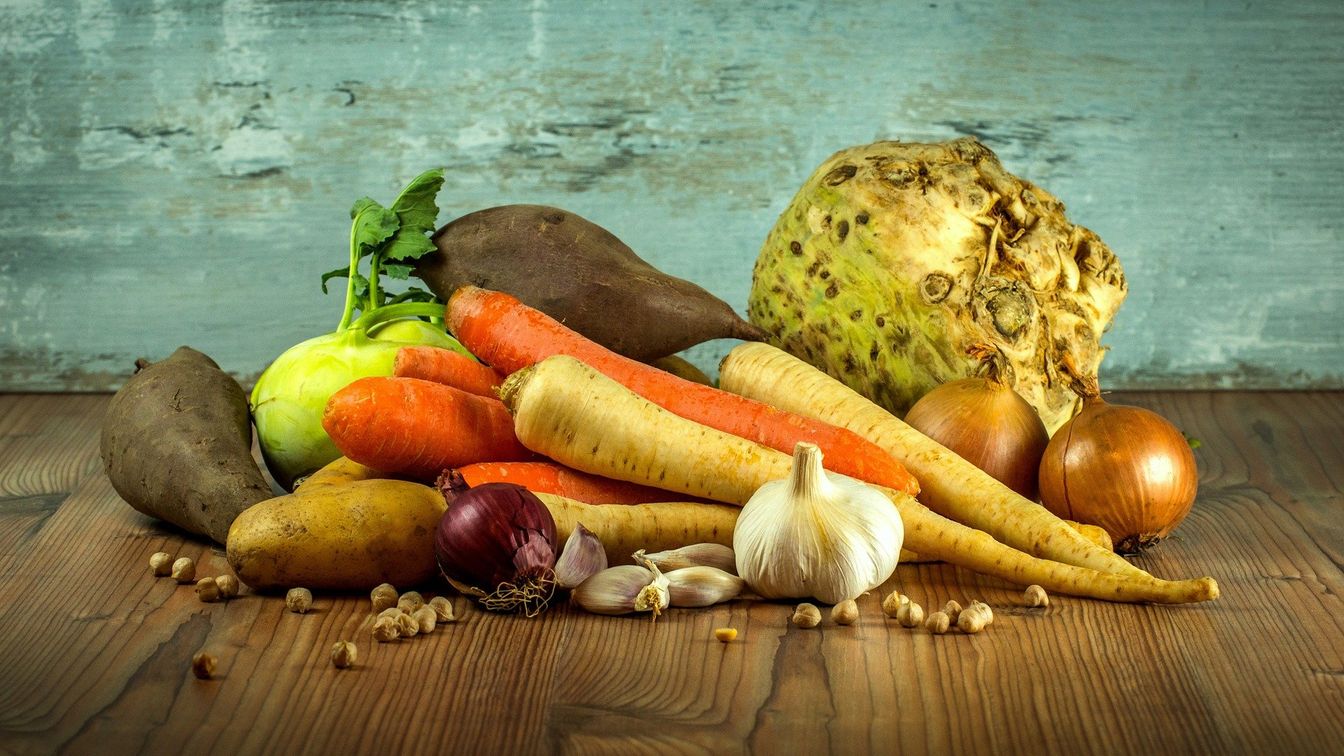
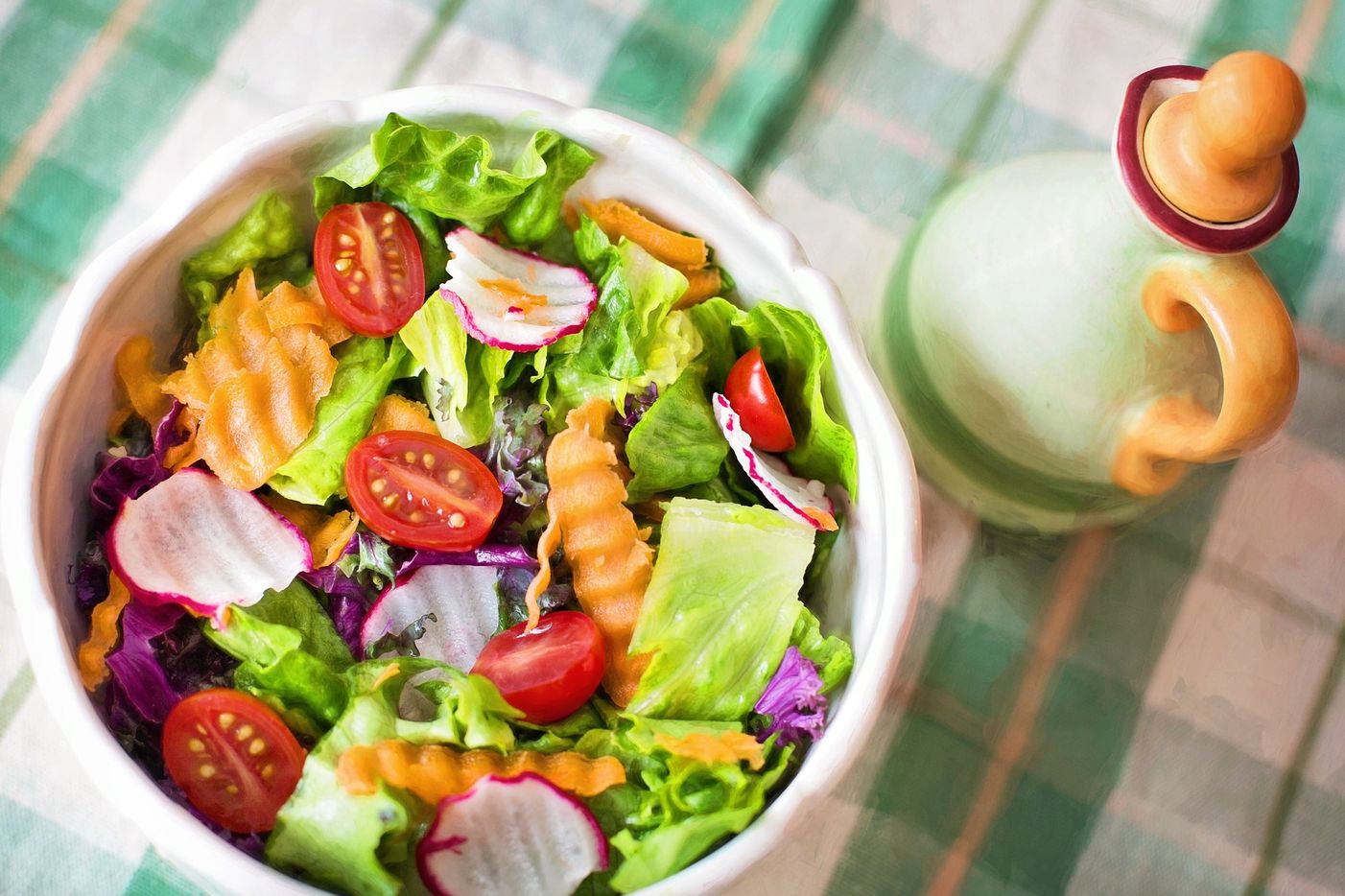
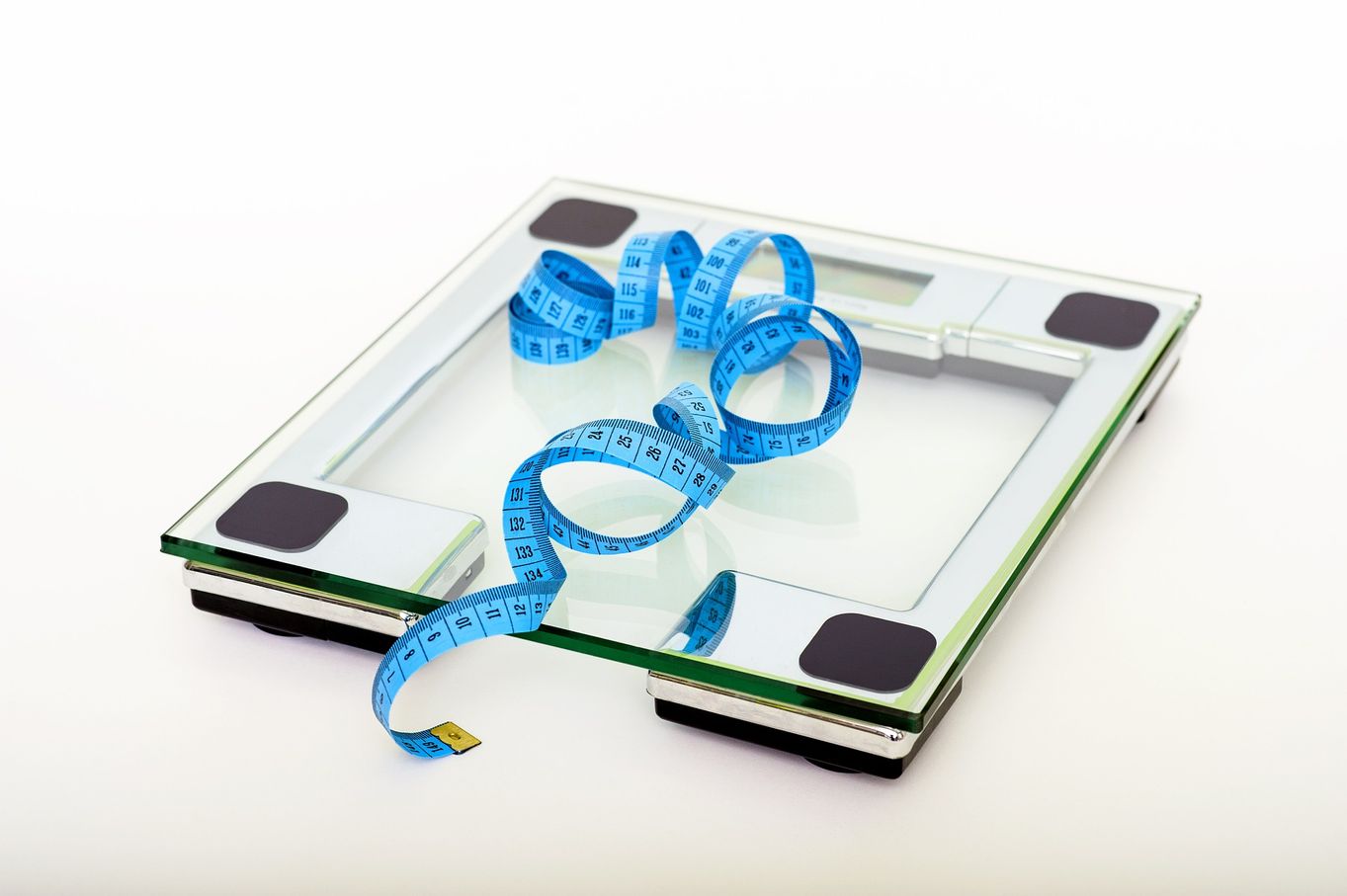
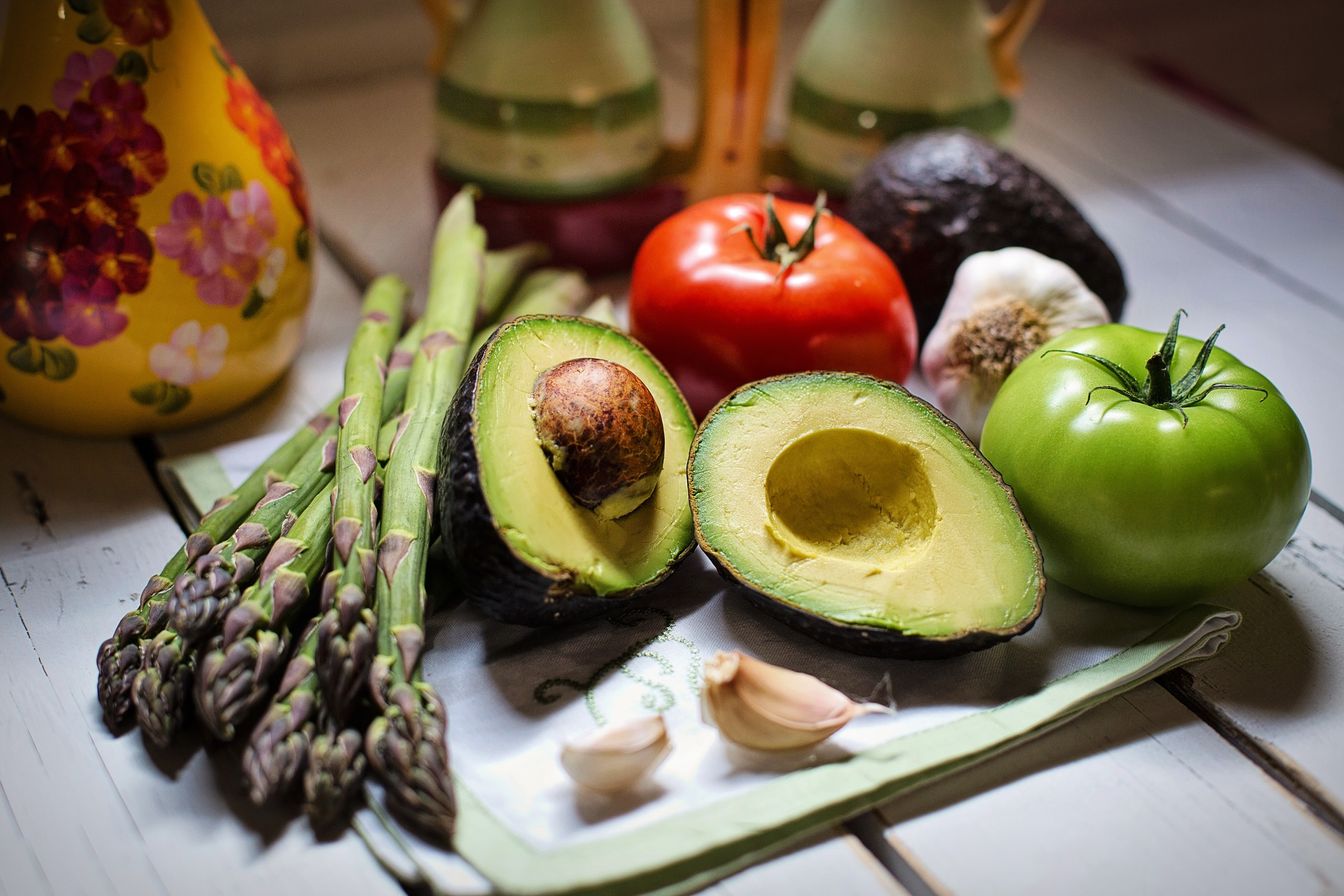

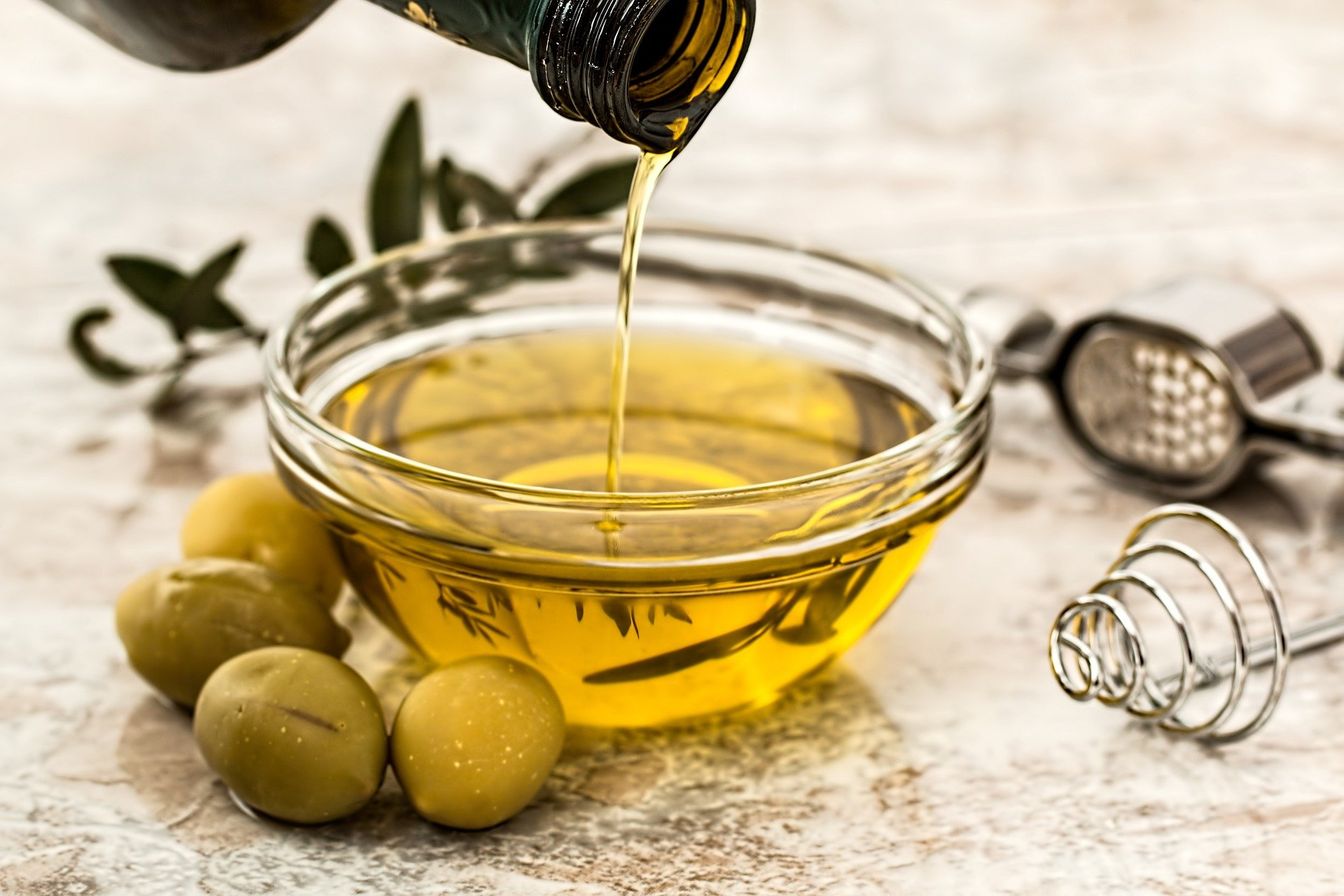
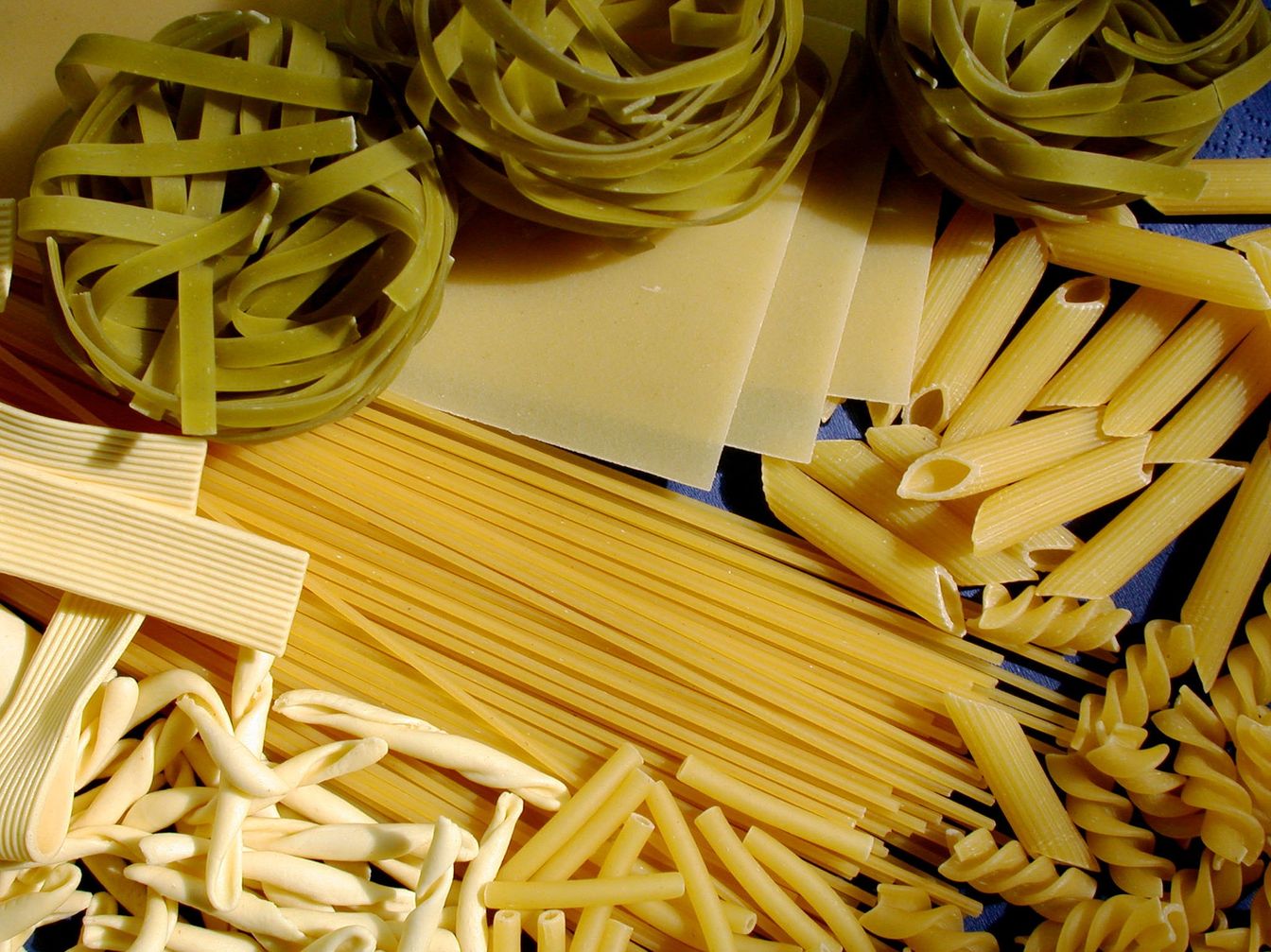
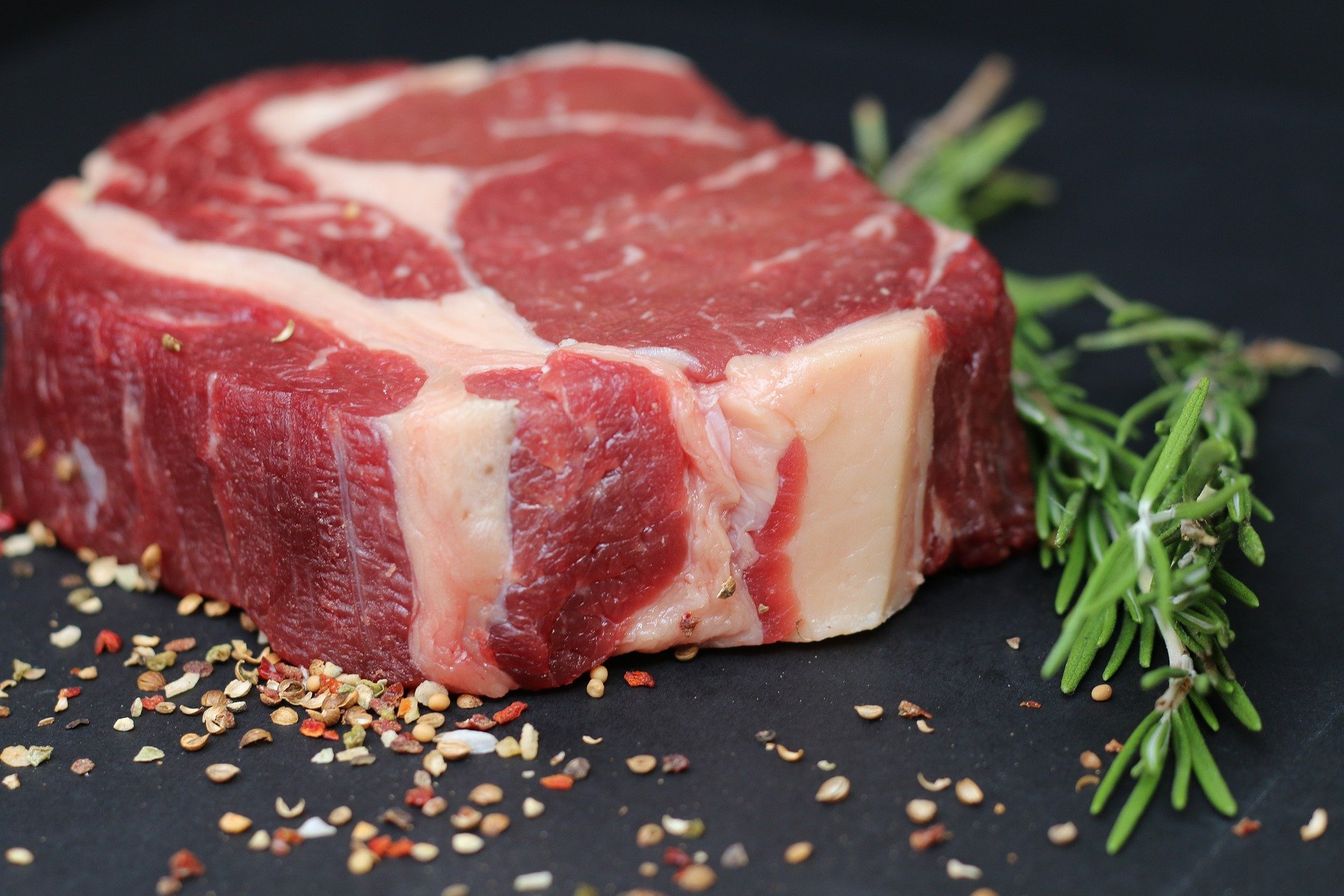
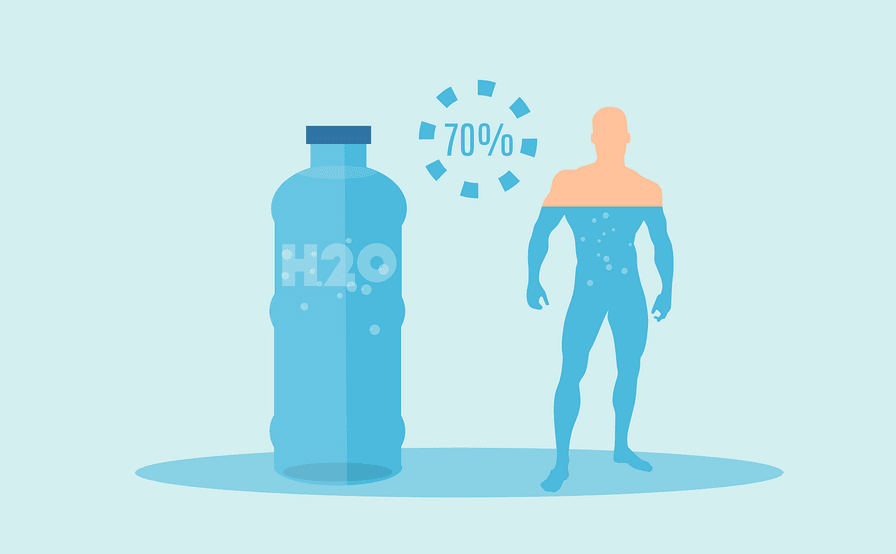
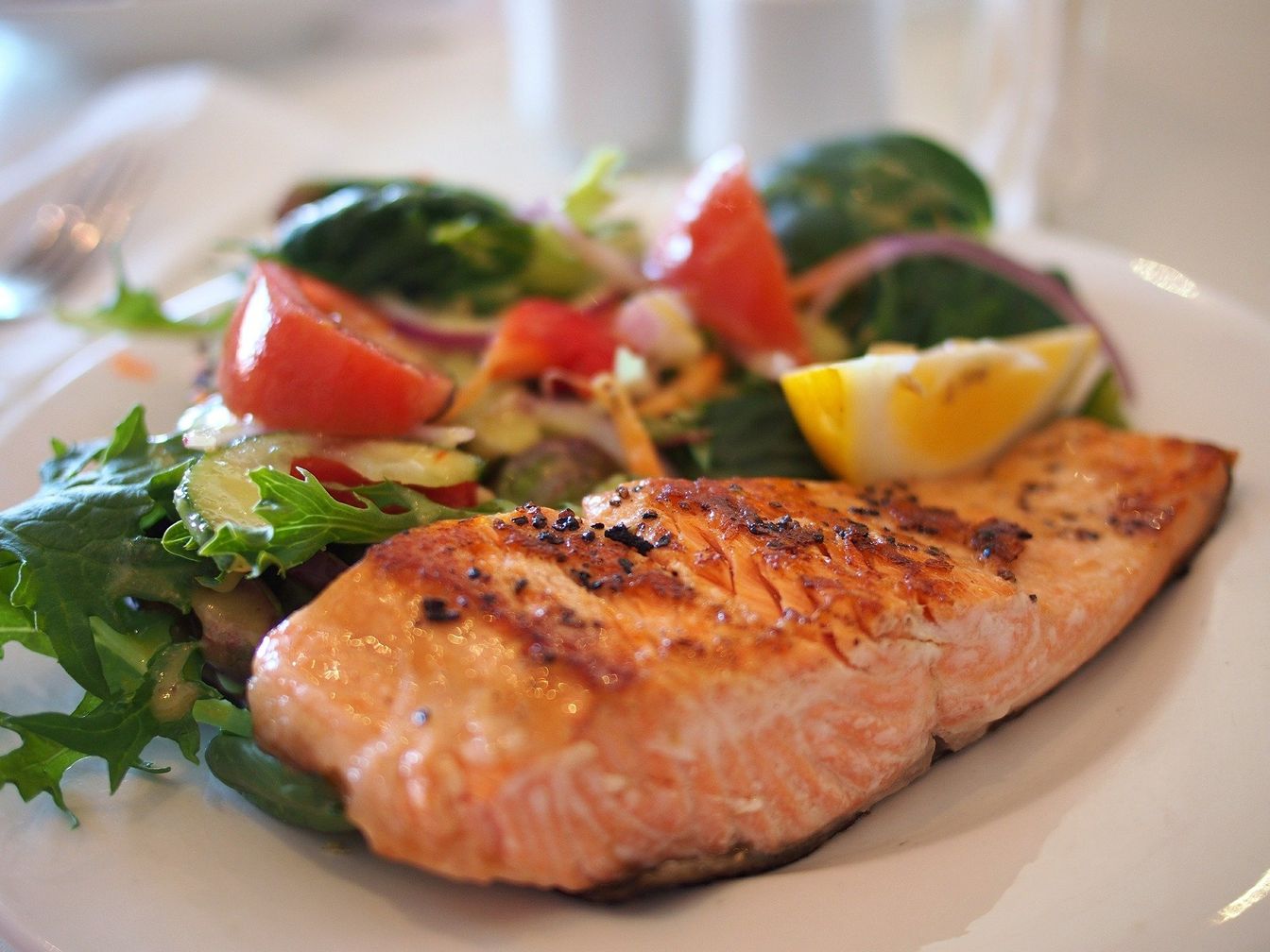

Post a Comment